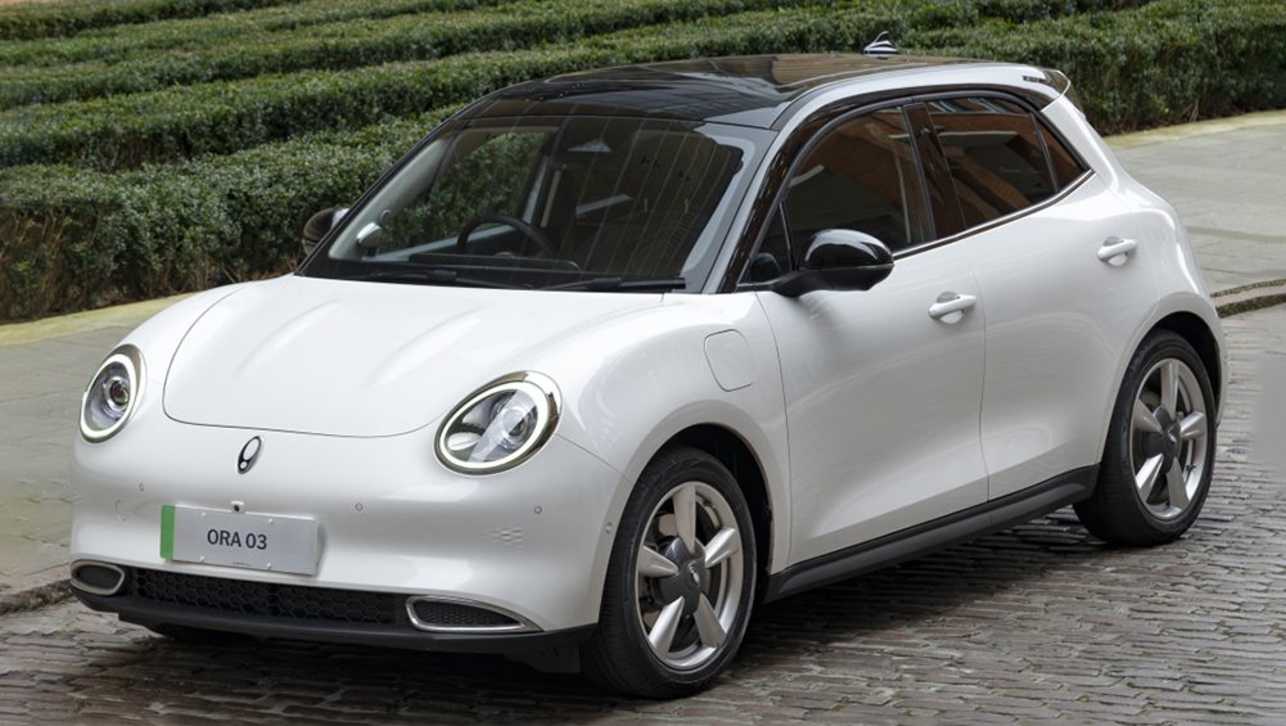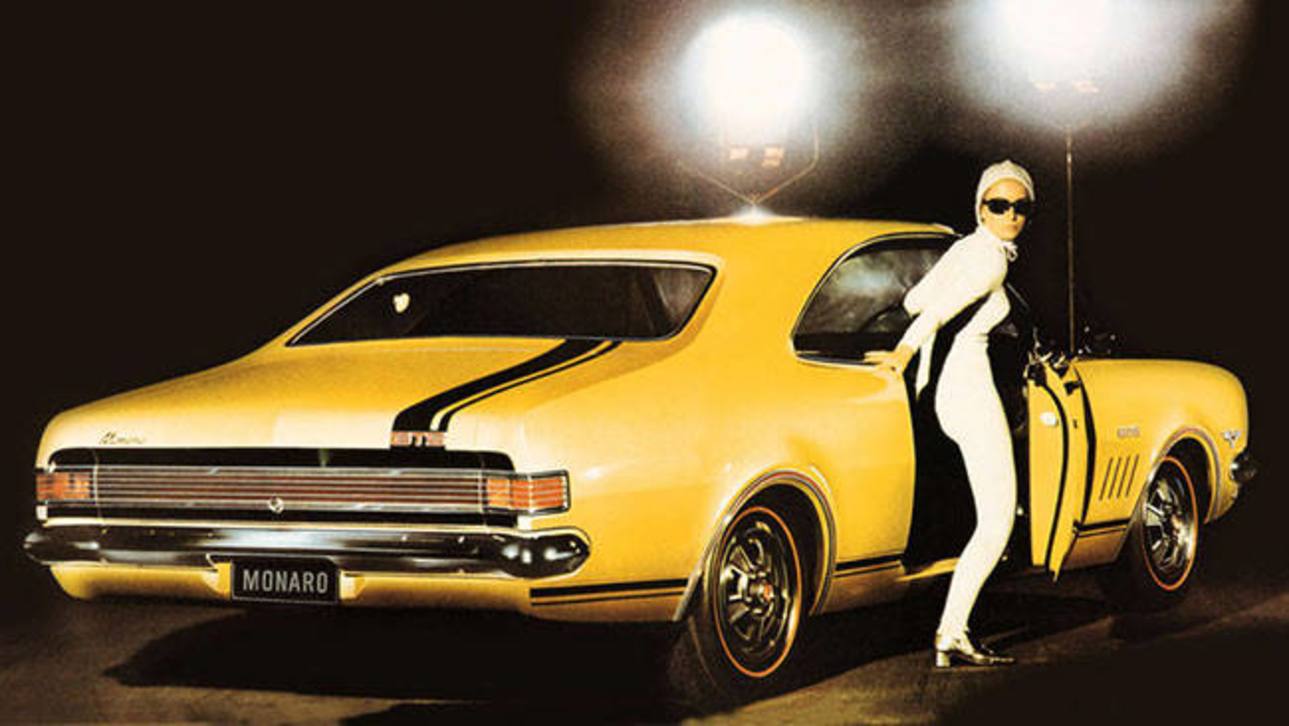The car will become increasingly vulnerable to cyber attacks as makers rush to improve the connectivity of their vehicles, a leading automotive supplier has warned.
As vehicles become more connected, the likelihood of such attacks grows, says Magna Electronics global product manager Hasib Hassan — and there is increasing potential for the breaches to have fatal results.
Hassan says the threat of vehicle hacking could come from a variety of sources: from young experimenters to criminals and even terrorists.
"Whatever we have seen so far is just to show the vulnerability of the system, not taking advantage of the weaknesses they have found," he says.
It is very scary if you think about it. It can be fatal
But people with ill intentions could easily cause harm by taking control of the car.
"It is very scary if you think about it. It can be fatal," he says.
Hackers' motivations are many and varied, says Yoni Heilbronn, marketing boss of cyber security firm Argus. Some are pranks, he says: "There was a report about a 15-year-old kid who hacked a car with a $15 kit he bought at Radio Shack to impress his girlfriend."
Beyond that are "hack-tivists such as Anonymous, plain old criminals looking to steal cars and obviously, God forbid, potential large-scale events that we are all wary of".
Heilbronn says another potential threat is cyber ransom, which is becoming a big problem for small businesses.
"Imagine getting into your car in the morning and not being able to start it, then you get a message on the head unit that your car has been hacked and a ransom is demanded," he says.
Magna has been working on anti-hacking software for cars for years. However, recent events have spurred car companies to seek help from technology suppliers.
There has been a sense of urgency in the industry on this
In July, Chrysler had to recall 1.4 million vehicles after hackers revealed a software bug. GM also had to issue a fix to its OnStar telematics network after a hacker used it to open car doors.
Last month, hackers virtually "hot-wired" a Tesla and drove off after plugging a laptop into a cable behind the dash.
"In the past year that there has been a sense of urgency in the industry on this," Heilbronn says. "In the end we are talking about people's safety."
He says the impetus to get protection is coming from the upper echelons of automotive management. There is also a growing political push for legislation to improve security standards, with a recent US Senate Bill introduced to mandate cyber security.
Magna has a monitor that checks gateways in the car's computer network for threats and logs suspicious activity to provide a central database that blocks potential threats as they are recognised. Drawing from the database, the car maker can update the network configuration to safeguard against attacks.
Hassan says that as automated driving technology develops and cars "talk" to each other and infrastructure, more gateways will open to hackers and threats to cyber security will increase.







.jpg)
.jpg)
.jpg)

.jpg)

.jpg)


.jpg)



.jpg)
.jpg)

.jpg)
.jpeg)





Comments